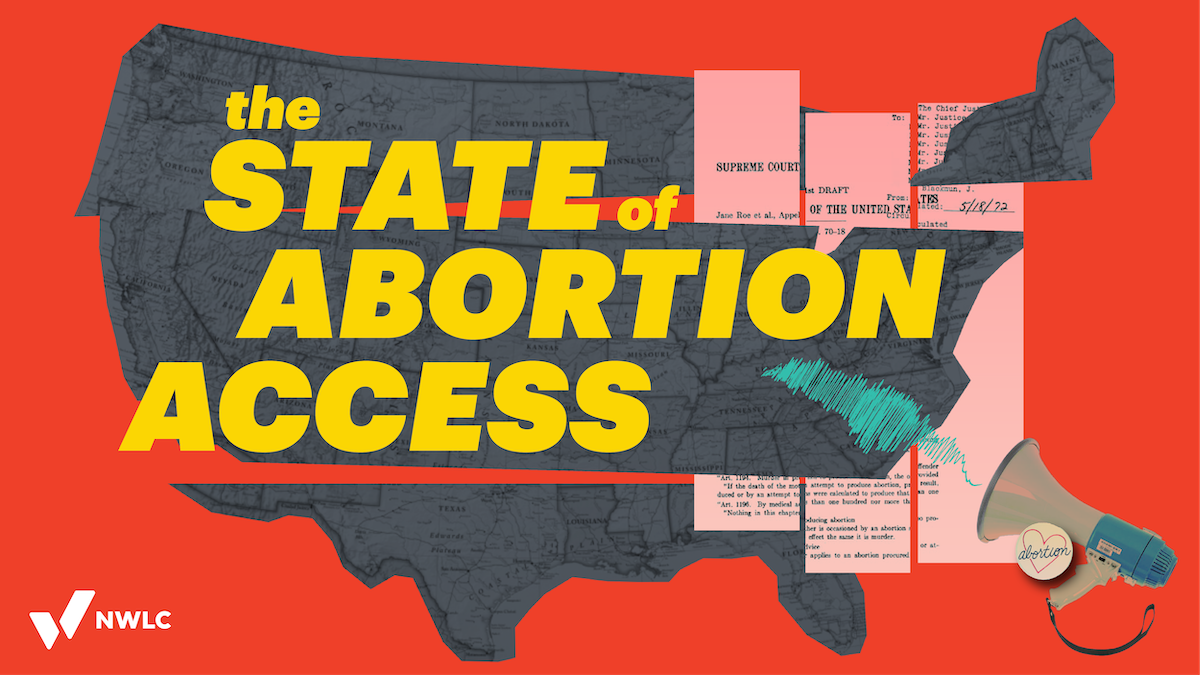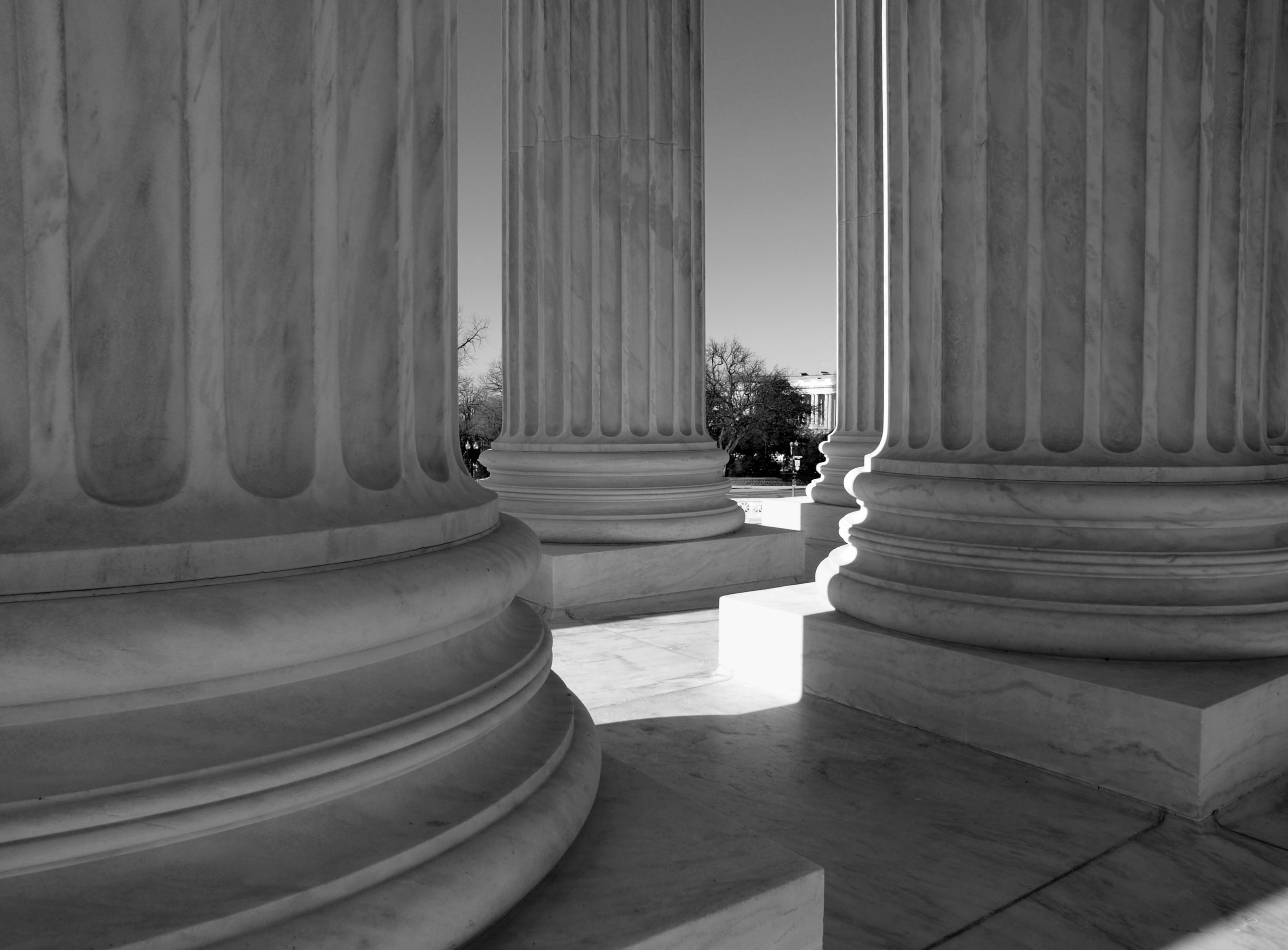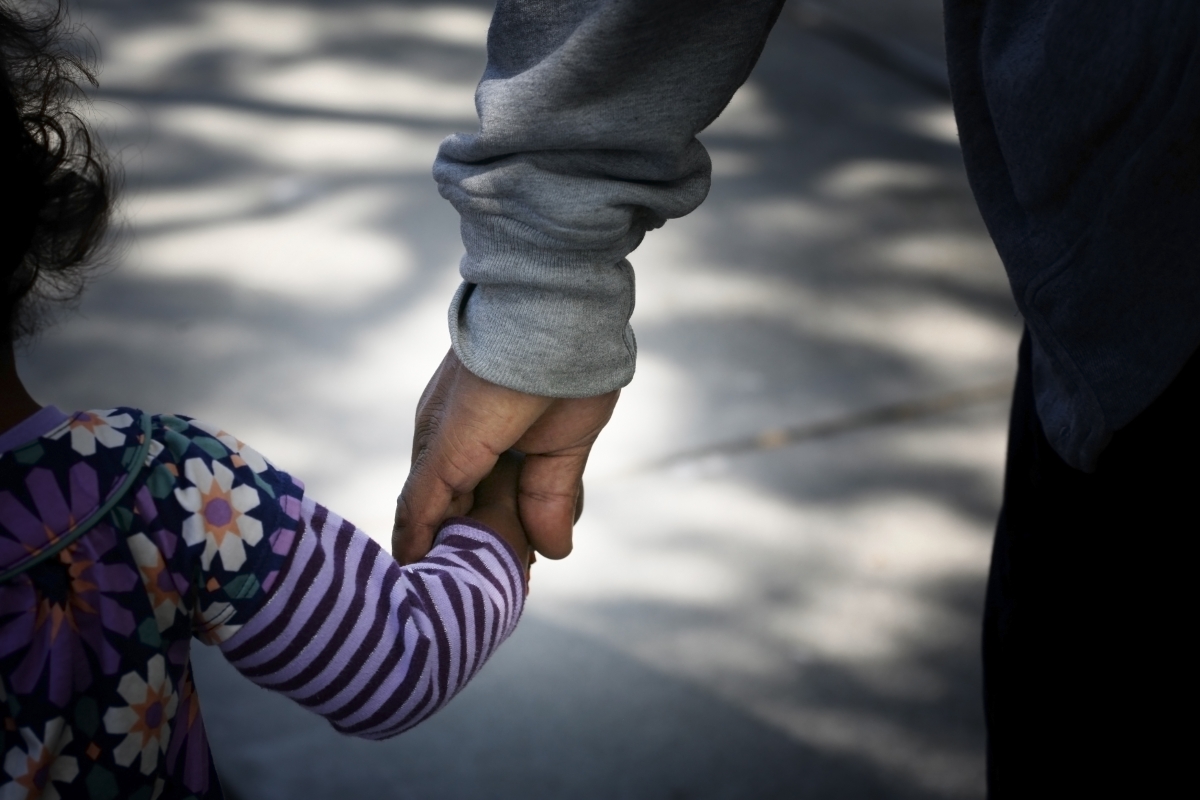Gender Justice Superlatives: These States Are Getting it Right
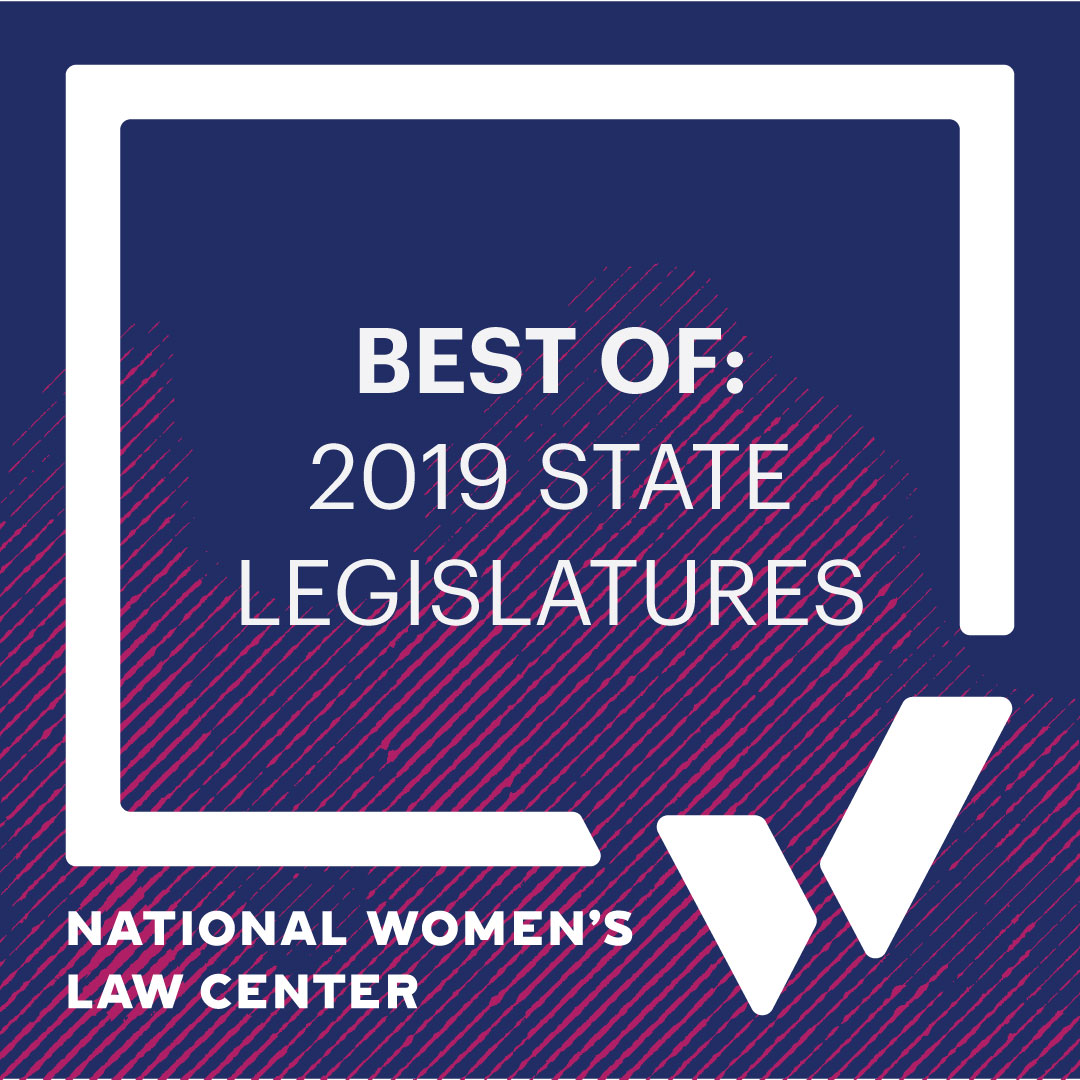
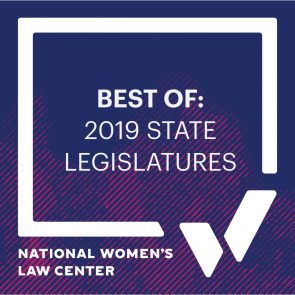 As Trump continues to stack the bench and pass policies rooted in white supremacy, patriarchy, and xenophobia—we’ve been looking to states to help promote equity and counter the harmful policies coming from the Trump-Pence administration. Across the nation, women, girls, and people who face gender-based discrimination have been advocating for state and local laws that set them up for success. This advocacy has led to some amazing wins this legislative session. As we wrap up 2019 state legislative sessions, we’re excited to highlight those wins Yearbook style!
As Trump continues to stack the bench and pass policies rooted in white supremacy, patriarchy, and xenophobia—we’ve been looking to states to help promote equity and counter the harmful policies coming from the Trump-Pence administration. Across the nation, women, girls, and people who face gender-based discrimination have been advocating for state and local laws that set them up for success. This advocacy has led to some amazing wins this legislative session. As we wrap up 2019 state legislative sessions, we’re excited to highlight those wins Yearbook style!
Most Popular: States expanding women’s access to abortion: Illinois, Maine, Nevada, New York, Vermont, Washington
Polling shows that most people do not want Roe v Wade overturned. Despite this, 12 states enacted 58 abortion restrictions so far this year; 26 of those ban some or most abortions. The enacted restrictions include many blatantly unconstitutional bans on abortion. With anti-abortion Justice Kavanaugh on the Supreme Court, the nomination and appointment of numerous anti-abortion judges in lower courts, and the inflammatory rhetoric of the Trump-Pence administration, the anti-abortion movement has felt more emboldened than ever to pursue unconstitutional and unpopular abortion bans. This year’s radical strategy to advance unconstitutional abortion bans hinges on the desire to get a case to the U.S. Supreme Court to overturn Roe v. Wade.
At the same time – and particularly because of anti-abortion law makers efforts to overturn Roe – several states, have enacted 93 proactive provisions that protect reproductive rights, including 29 that protect abortion rights. Six states in particular have passed proactive bills that ensure and expand abortion rights and access, they are our most popular states of 2019.
- Illinois, New York, Rhode Island, and Vermont passed laws that protect abortion as a fundamental right.
- Maine passed laws that require MaineCare (the state’s Medicaid program) and private insurance plans to cover abortion and allow advanced practice clinicians to provide abortion.
- Nevada passed a bill that repeals the state’s criminal abortion law.
Most Likely to Ensure Working Families have access to the Child Care they Need: Maryland and Louisiana
Last month, Governor Hogan signed legislation improving Maryland’s tax Credit for Child and Dependent Care Expenses. The new law will make the credit refundable for low- and moderate- income families and increase credit amounts and income limits. Maryland will join several states in offering a refundable CDCTC and supporting hard working families who need access quality care.
Despite a starting state budget of $0 allocated to early learning, Louisiana state legislators recently increased child care funding for the first time in ten years. The state raised funding by $18.8 million, which includes giving 1,450 waitlisted children access to the Child Care Assistance Program (CCAP). CCAP provides subsidies for young children to access quality and reliable childcare while their parents are working or in school. This program is the only state-administered program in Louisiana dedicated to early care and education for young children.
Trendsetters: States pushing to protect women from workplace harassment: Connecticut, Illinois, Louisiana, Maryland, Nevada, New Jersey, New York, Tennessee, and Virginia
On the one-year anniversary of #MeToo going viral, nearly 300 organizations came together to call for strengthened protections against sexual harassment and violence at work, in schools, homes, and communities—demanding concrete advances in “20 states by 2020.” As state legislative sessions began this year, over 300 state legislators representing 40 states and the District of Columbia responded to the call to action and declared that they are committed to working towards strengthening protections against sexual harassment in 20 states by 2020. Much like the 2018 legislative sessions, the 2019 session demonstrated how the power of individuals sharing their Me Too stories is changing the way that women are heard and believed and begun to reshape our institutions, laws, and culture. Connecticut, Virginia, Louisiana, Nevada, Tennessee, New York, Oregon, Maryland, Illinois, and New Jersey all passed legislation protecting people from workplace harassment bringing us to a total of 16 states that have passed important workplace harassment reforms since #MeToo went viral in October 2017.
Most Improved on Equal Pay: Alabama, Colorado, Illinois, Maryland, Maine, Nebraska, Nevada, New York, Washington, and Wyoming
Women typically make just 80 cents on every dollar paid to men and this gap in wages has barely budged over the last decade. Across the country, state lawmakers are working to change this. This legislative session, a record ten states, New York, Illinois, Alabama, Colorado, Maryland, Maine, Nebraska, Nevada, Washington, and Wyoming passed equal pay laws! Four of these states, CO, WA, ME, and NY, passed laws prohibiting employers from relying on salary history to set applicants’ pay, and two states, CO and WA passed laws requiring employers to be transparent about salary ranges!
First in Class: Preventing School Pushout in the District of Columbia
Access to schools that provide safe learning environments for all students is also an essential factor in being able to raise our families with dignity and autonomy and in safe and healthy environments. However, too often, girls are removed from school due to discriminatory dress codes. This practice interrupts their education, reinforces harmful racial and gendered stereotypes, and forces many parents to choose between missing a day of work and a paycheck or their child missing a day of class. Moved by the advocacy of Black girls affected by discriminatory dress codes and the recommendations in Dress Coded: Black Girls, Bodies, and Bias in D.C. Schools, the District of Columbia Council recently introduced a resolution urging D.C. public schools to work with students and parents to create equitable dress codes and discourage schools from removing students from the classroom for dress code violations. The resolution is an important step to disrupting school-pushout and protecting Black girls’ right to learn in D.C.

